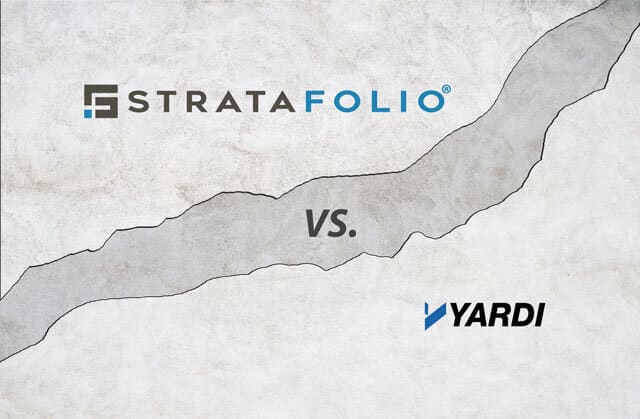There are several reasons why it is beneficial to know how to finance real estate. Knowing a lot about real estate financing can help you expand your job opportunities in the real estate industry. Additionally, understanding these terms can also be applied in other fields, whether you are buying a home, starting a new career, or advancing in your current one.
Let’s explore some traditional and nontraditional property development funding options for commercial real estate investment. Ultimately, you don’t need to be wealthy to invest in commercial real estate.
Various real estate financing options have opened the door for small business real estate investors. Read on to learn about traditional real estate loans and alternative real estate funding options for property development financing.
What is Real Estate Financing?
At its core, “real estate finance” or “real estate financing” refers to the methods and possible sources that someone who wants to buy a property can access the money they need to start. Technically, the term could also be used for buying a property, but in real life, it’s more often used to discuss financing for deals involving investment properties.
In this branch of finance, money resources connected to real estate, commercial loans, and properties are studied, planned, and managed. It also includes the financial aspects of real estate, like buying, developing, building, and running business and residential properties.
What are the Types of Financing
Understanding the advantages and disadvantages of various real estate financing options is crucial for choosing the solutions that align perfectly with your unique needs and situation. Here’s an overview of the most prevalent and beneficial strategies for securing real estate financing.
Traditional Financing
Traditional financing is when you take out a real estate development loan from the bank or credit union to cover some of the costs of the project. Typically, 60-80% of a commercial real estate project’s capital stack comes from traditional financing. However, it depends on the project’s risk assessment and development size. Developers must use other real estate funding options, such as equity financing, alternative debt sources, or their own capital investment, to fund the rest of the project.
Syndicated Financing
This type of real estate investment financing can be applicable in two different funding situations. It usually means there is a 6-8% return on investment (ROI) on the capital investment and a stake in capital gains later. Syndicated financing can occur in two ways:
- Real estate syndication – A developer would create a deal with private investors who contribute capital funding to the project.
- Syndicated real estate loans – Capital can be funded by private equity firms or through a lender.
Crowdfunding
Real estate crowdfunding has become a new way for developers to fund their upcoming properties. The JOBS Act of 2012 allows small real estate investors to invest in large-scale real estate development projects, which were previously accessible only to established investors. Under this legislation, developers can contact accredited investors through different real estate crowdfunding platforms and social media. This source of property investment funding makes difficult projects easier by allowing the public to invest in real estate.
Sponsor Equity
A real estate project sponsor takes a more active role in a project compared to limited partners. Before the project begins, sponsors invest their capital contribution into the project. However, many sponsors do not have 20-40% of the required capital in cash, leading developers to seek additional commercial real estate financing options.
Joint Venture
Joint venture real estate financing occurs when multiple contributors combine their financial resources to form a deal with the developer. Contributions can include, but are not limited to, cash investment, land equity, and experienced real estate partnerships. If the developer agrees on the asset, any type of joint venture agreement can be made.
Mezzanine Debt
Mezzanine real estate financing allows developers to increase project funding if they already have sponsor equity and traditional bank loans. This high-yield debt is more expensive and has a shorter repayment period than senior debt. However, this type of real estate bridge loan can lower a developer’s personal investment while increasing their return on investment (ROI).
More Options for Small Businesses
Small business real estate investors have additional options when securing property development funding. Here are three funding options that small businesses can benefit from:
- Build-to-Suit – A business does not have ownership of the building but can operate within it under a long-term lease agreement.
- Sale-Leaseback – A new owner purchases the property, and a commercial leaseback agreement is created, allowing the business to continue operations.
- Private Placement – Similar to syndicated real estate funding, but instead of an individual investor, a business serves as the project’s sponsor.
Real estate investing can help you diversify your portfolio, provide steady cash flow, provide tax breaks, and use debt. However, it can be hard to get the money you need to buy an investment property. Investment property loans have stricter credit standards, higher down payments, and interest rates that are higher than those for primary residence loans. Planning ahead is very important if you want to find the best financing choice for your investment goals and get the best returns with the least amount of risk.
STRATAFOLIO is commercial real estate software that provides valuable tools for managing real estate assets, financial reporting, and investor management. Schedule a demo today!






